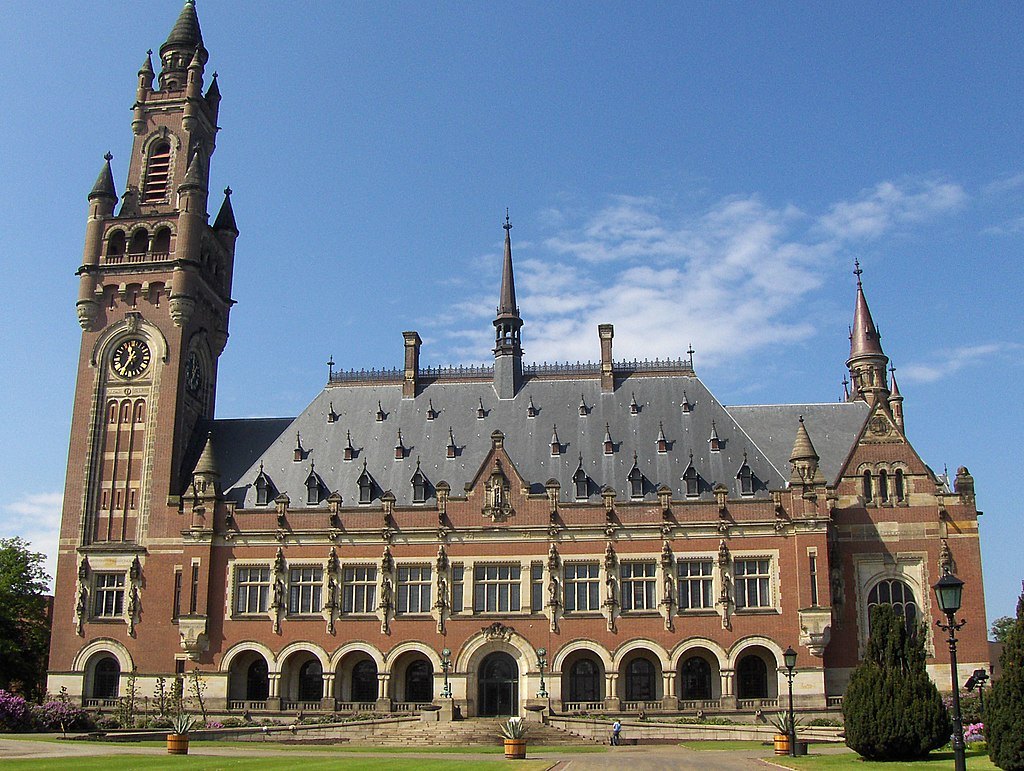The Visa Waiver Program
In response to the San Bernadino shootings (which involved an alien admitted on a K-1 Visa) some in Congress have suggested that we should review and revise the Visa Waiver Program (that is, the program by which the citizens of 38 countries come to the US without the need for a visa or a consular interview -- and by which, reciprocally, Americans travel to those countries without the need for a visa). One recent Wall Stree Journal op-ed has argued that the VWP program is inherently a security risk.
Published by The Lawfare Institute
in Cooperation With

In response to the San Bernadino shootings (which involved an alien admitted on a K-1 Visa) some in Congress have suggested that we should review and revise the Visa Waiver Program (that is, the program by which the citizens of 38 countries come to the US without the need for a visa or a consular interview -- and by which, reciprocally, Americans travel to those countries without the need for a visa). One recent Wall Stree Journal op-ed has argued that the VWP program is inherently a security risk. That's nonsense. The best summary of why that I have seen is this article by Marc Frey, a former director of the VWP program at DHS. It opens:
Following the terrorist attacks in Paris last month, commentators have speculated on the possibility of an attack on U.S. soil by terrorists possessing passports from France or other Visa Waiver Program (VWP) countries. Many in the media and elsewhere continue to labor under the misimpression that security standards are looser for VWP travelers than for those traveling with a visa, and that this poses a threat to U.S. national security. . . . . This type of reasoning indicates a serious misunderstanding of the many security elements that make up the VWP and how these elements fit into and enhance DHS’s larger border security and screening procedures.





